How Can You Change Someone's Mind About Food "Waste"? Cook For Them
These, as Baldor calls them, SparCs—that's "scraps" spelled backwards, and part of sustainability director Thomas McQuillan's effort to rebrand the typically-discarded produce matter we call, and treat like, "waste"—are sold at a fraction of the price of their typical value. Those that are edible for humans go to the New York cooking school and restaurant Haven's Kitchen or to MISFIT Juicery in D.C. Those that humans can't consume (think cantaloupe rinds and mango pits) still make good food for pigs, chickens, or the compost pile.
But well before McQuillan was making news or working in the food services industry, he was developing his skills as a home cook. After spending two years of high school in a vocational program for food, during which he devoted half of his time learning cooking techniques in a restaurant kitchen, he stayed involved the industry and was eventually able to leverage his knowledge of cooking into his business experience.
It's logical, then, that when McQuillan first realized how important it was that Baldor put this "waste" to use—not just for environmental purposes, but also for financial ones (from a business strategy standpoint, it's smarter to make money from all parts of produce rather than pay for disposal)— he took to the kitchen, and not only to the boardroom, to convince his colleagues.
"I started cooking with it," he told me, "so that it couldn't get sent away to sanitation." McQuillan's philosophy is to not just give people an understanding that something is edible and can be delicious—but to actually show them.
One of the first dishes McQuillan made at Baldor was inspired by the sweet potato processing machine, which washes the tubers with a jettison of water and then peels them. McQuillan made a sweet potato gratin, and served it to visiting chefs, by simply incorporating those otherwise-discarded peels. The president of Baldor went in for seconds. (If you want a recipe for just the peels, we've got that, too.)
When summer came, McQuillan started taking home tomato tops—previously tossed when Baldor prepared sliced or diced tomatoes for retail—to turn into sauce: "My tomato sauce became exclusively made by the top of tomatoes in fruit production."
Some day—and not too far off—McQuillan speculates that we'll see tomato tops, carrot peels, and asparagus bottoms (which can be dehydrated in a low oven overnight, then ground into a powder and used to bind meatballs or partially replace flour in a pizza dough)—as valuable ingredients, both in terms of nutrition and taste. And we'll stop throwing them away by default. After all, there was a (sad) time when potato skins were discarded rather than filled with bacon and cheese and served as bar snacks.
But it's not only in the work setting that McQuillan enacts his philosophy. He turns his job into what he calls "a fun project" after hours, too: "If I’m invited over to a friend's house, I look in their fridge and make dinner from what they have. And I'll show them how many things they can create out of what's in the refrigerator. Chances are, you don’t need to go to the grocery store — you can make a meal of what you already have."
















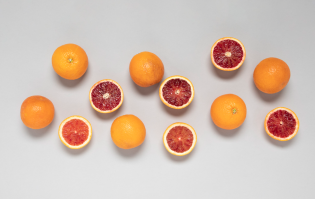
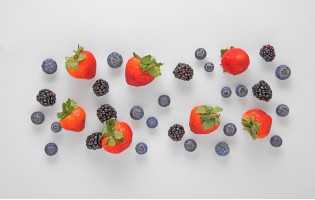
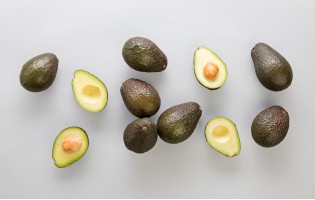


































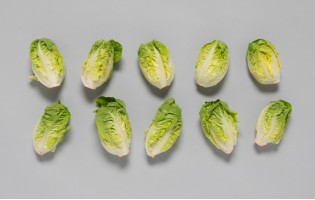
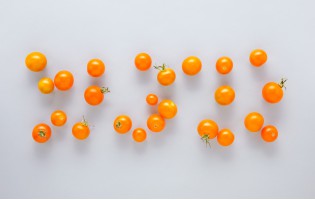































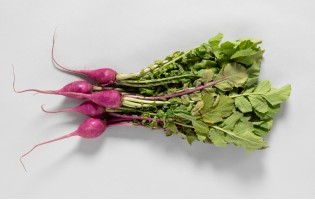




























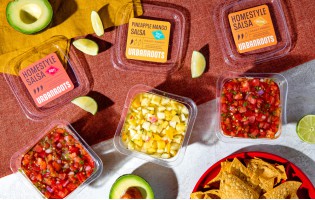
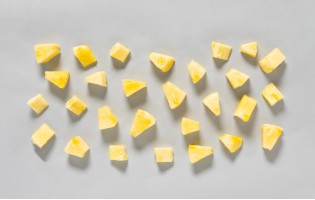












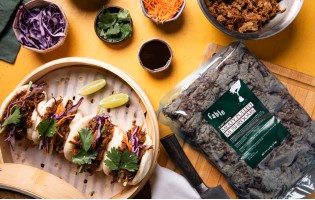

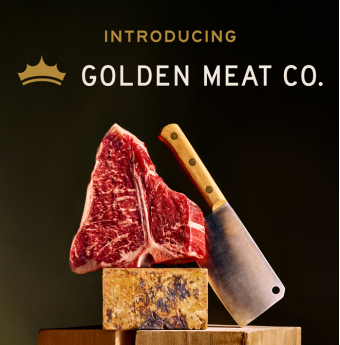















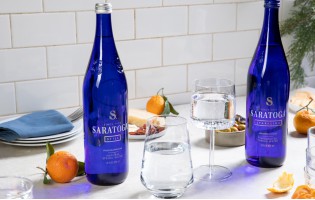
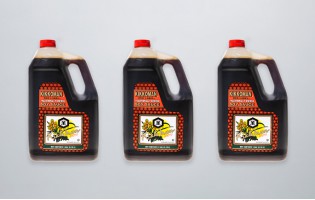






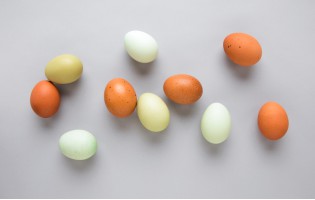
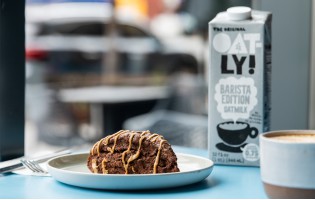


















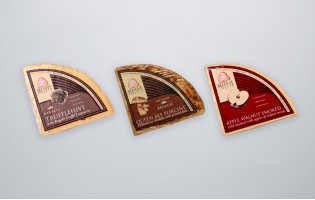
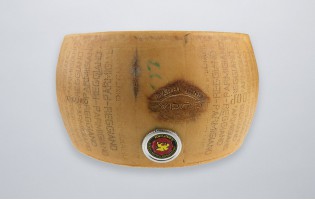
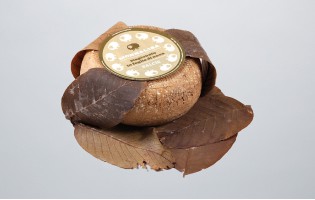









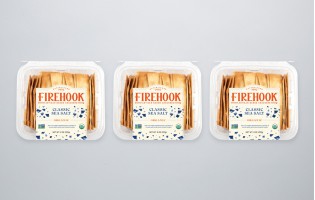
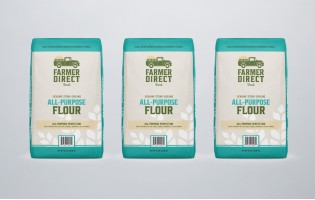


















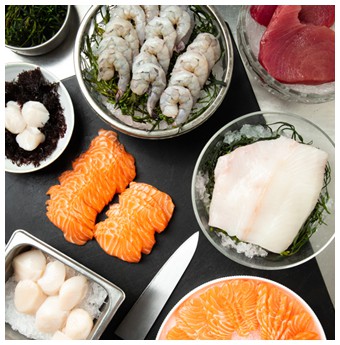
 Fruits
Fruits  Organics
Organics  Vegetables
Vegetables  Fresh Cuts
Fresh Cuts  Meat & Poultry
Meat & Poultry  Grocery
Grocery  Dairy
Dairy  Cheese
Cheese  Bakery
Bakery  Seafood
Seafood 